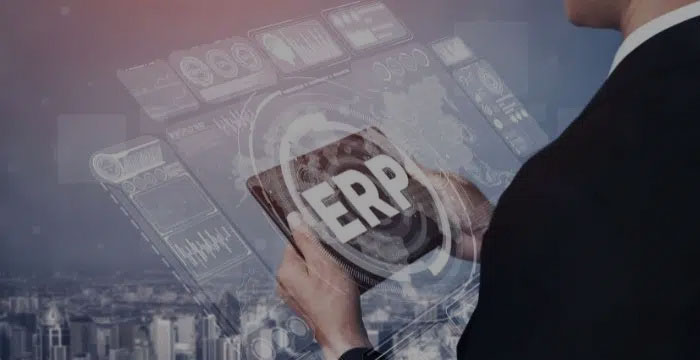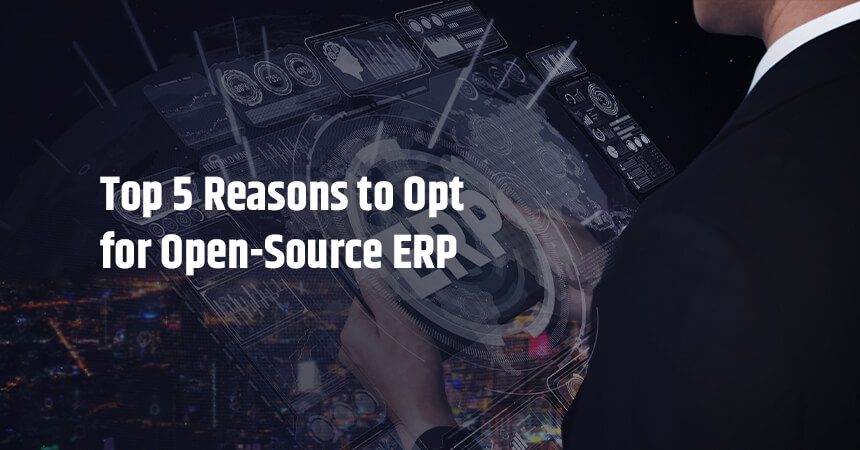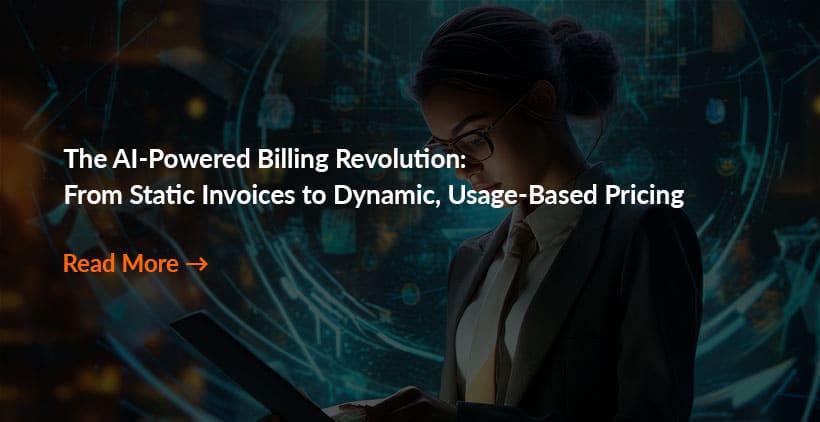More than ever, companies rely on ERP systems to streamline their procedures. From manufacturing, accounting to sales, the comprehensive solutions drive productivity and collaboration. But for some companies, the cost tag of an ERP solution is too expensive.
Open-source ERP software is a more affordable option for many businesses, especially SMBs. It is modular and adaptable, enabling organizations to only spend on the features and customizations they require.
An open-source ERP is a publicly usable source code. Organizations can obtain the open-source code freely and customize the software themselves, rather than depending on the vendor. Most ERP solutions are exclusive or closed source, and consumers can’t obtain the source code.

Here are some reasons to adopt open-source ERP:

Cost-Effective
ERP software is not affordable for most organizations. These steep up-front expenses can prevent many businesses from investing in new technology.
Open-source ERP software is a cost-effective option because customers do not have to pay a license fee to access the source code. That means organizations can connect and customize the software for free.
Most ERP solutions have a wide range of peculiarities and modules that are included in their price. Open-source ERP systems come with only fundamental functionality. Organizations can choose whether to add free modules or pay for exclusive features.

Added Control
When organizations want to attach customizations to their ERP solution, they often must collaborate with vendors, internal IT teams, and even external consultants. It can take time to organize between groups. And if the vendor concludes that it cannot amplify particular customization, the business doesn’t have any other choices.
With open-source ERP software, businesses can build customizations internally without having to go through a vendor. Companies also have access to ready-made features and modules designed by user communities. It decreases the time and complexity of customizations and provides businesses more choices.

Scalable
One of the most significant hurdles in choosing an ERP solution is considering future scalability. Many breeding organizations recognize too late that upgrading their software or improving users’ numbers needs expensive reimplementation. Open-source ERP is more straightforward to scale and can be upgraded more often without disruptions.

Testing
Organizations that want to test out an ERP solution typically must reach a vendor, request demos, and fix a meeting. This method takes time, and the business will likely sit through a sales pitch.
On the other hand, organizations can access open-source ERP code through a publicly usable database and test the software without communicating with a vendor’s sales team. Although the solution will not have customizations, organizations will test it at their pace and preference.

High-quality Coding
Many low-cost open-source ERP solutions extend high-quality coding because they are built on past open-source projects that several autonomous developers have evaluated.
Your internal IT can audit open-source code for quality. With closed source ERP solutions, IT agents cannot access the source code. They can only test whether software methods work accurately with business data.




